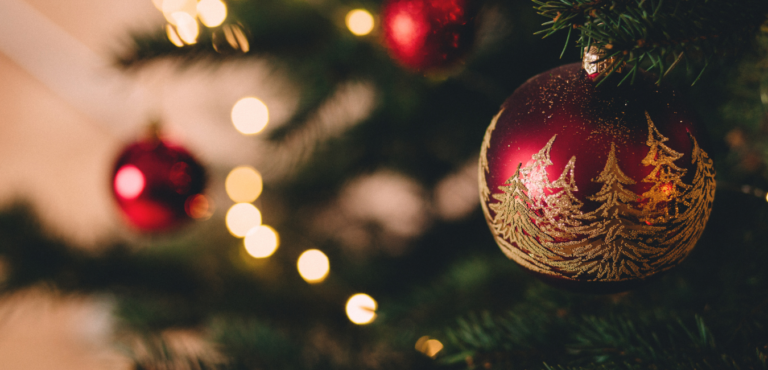
“Christmas comes but once a year, and when it comes it brings good cheer”.
~Nursery rhyme
Public holidays in Jamaica are greatly anticipated and are often marked with special events and celebrations.
Christmas is definitely the most important public holiday in Jamaica and there are some aspects which may be new to you and which you may need to bear in mind.
In the run up to the Christmas Season people will refresh the paint on their house, change their curtains and decorate the house with lights. It’s expected to remember the needy at this time and donations can be made (cash or kind) through churches, service clubs, children’s homes etc.
You will see an increase in street vending (especially clothing and toys) which culminates in the Grand Market. Families will often go downtown on Christmas Eve to enjoy the lights and bustle and then go to Midnight Service. If you go into town on Christmas morning, you will still see street vendors in action.
Many people will attend church during the season; the most important services are Midnight Mass on Christmas Eve, Christmas morning, watch-night service at midnight on New Years Eve, the Sunday after Christmas and the first Sunday in the New Year.
Christmas cake is baked early, in October or November, so that it can be well soaked in rum for a few weeks; it is a rich fruit cake and can be quite alcoholic.
Sorrel drink is also prepared well before Christmas; it’s a delicious drink made with sorrel flowers, ginger, sugar and white, overproof rum and it is an important feature of Christmas celebrations.
The main Christmas meal will involve a baked ham, rice and green gungo peas, potato salad and macaroni cheese and may also include curry goat, chicken, fish or pork; a festive meal will always include more than one meat dish. Many employers will give their staff a Christmas gift of money and/or food for the Christmas meal.
Christmas in Jamaica is fun; people welcome family members and visitors into their homes, there are many parties and gatherings and the children look forward to it all year.
The start of the New Year is celebrated with firework displays on the waterfront in Kingston, Jamaica’s capital and the second city of Montego Bay.
The date for Ash Wednesday signals the beginning of Lent and takes place six weeks before Easter. It is a day of quiet reflection and many people will go to Church; most stores will be closed.
This day commemorates the crucifixion of Jesus Christ and is the end of Lent. Stores will often close between 12.00 noon and 3.00pm (traditionally the time the crucifixion took place) so that people can attend Church.
A Bank Holiday famous for the Montpelier Agricultural Show in St. James and the Black River Flower Show in St. Elizabeth.
23rd May each year. This is a day when people are asked to do voluntary work to uplift their community. Many businesses “adopt” an institution in and ask employees to offer their work to help the institution on that day.
1st August each year.. The ending of slavery and emancipation of slaves is commemorated on this day.
6th August each year. The ending of British colonial rule is commemorated on this date.
Many Jamaicans living overseas will come “home” for a combination of these holidays and you may hear people refer to it as Emancipendence.
The third Monday of October commemorates our National Heroes: Paul Boyle, George William Gordon, Sir Alexander Bustamante, Norman Manley, Marcus Garvey, Samuel Sharpe and Nanny of the Maroons.
Learn more about public holidays in Jamaica here. For more information on life in Jamaica, check out our post on utility companies and our post on grocery shopping.